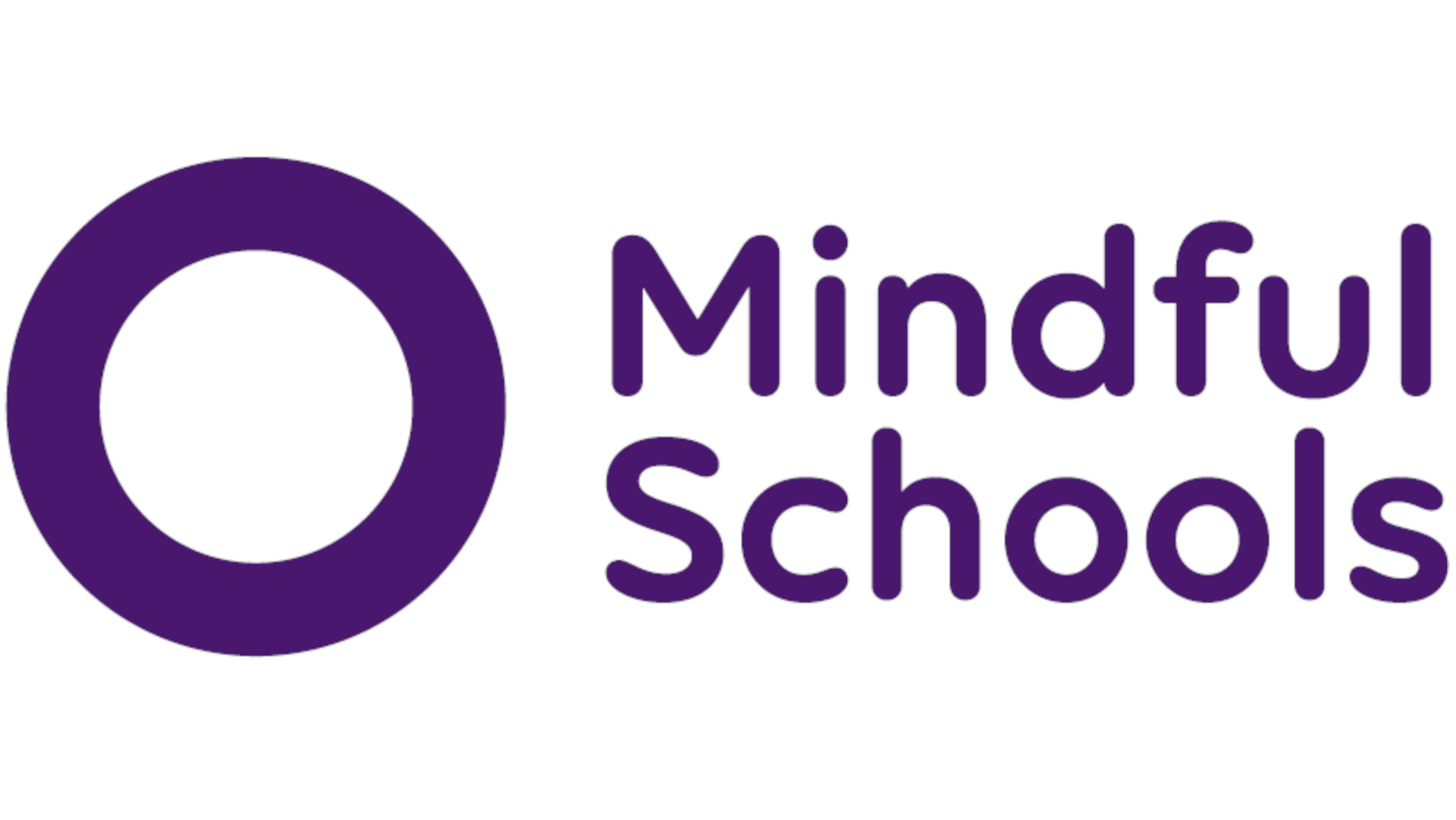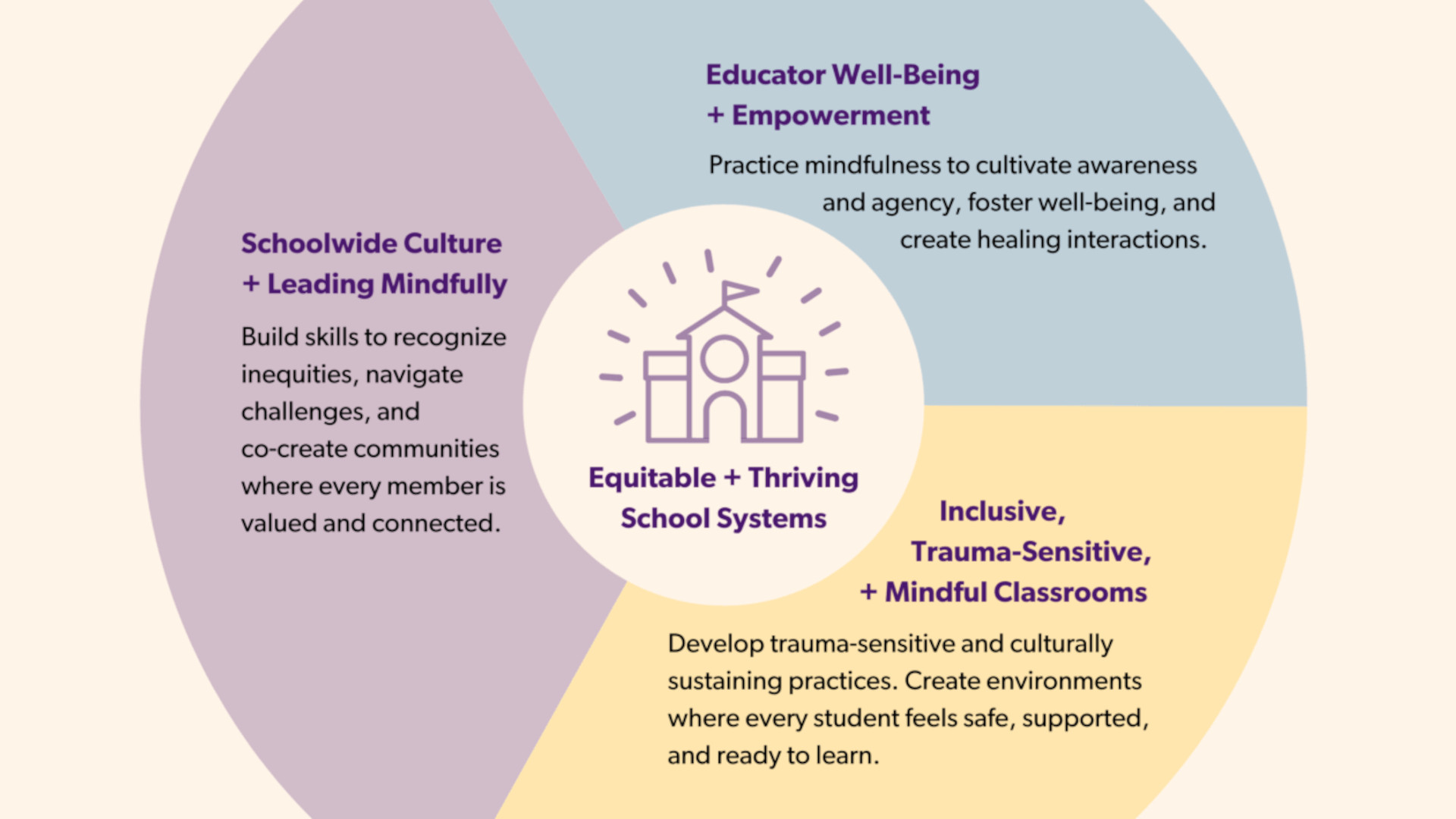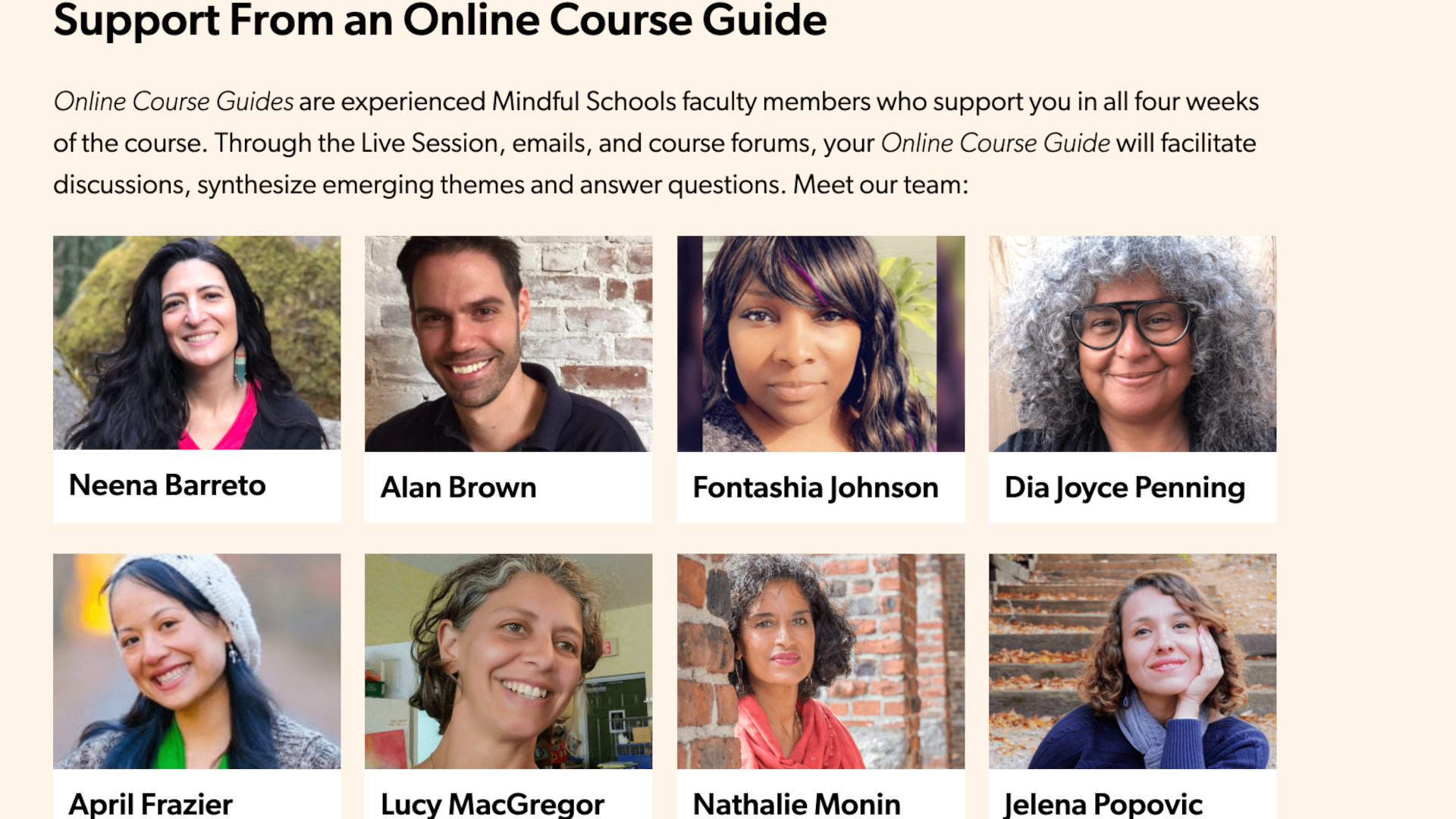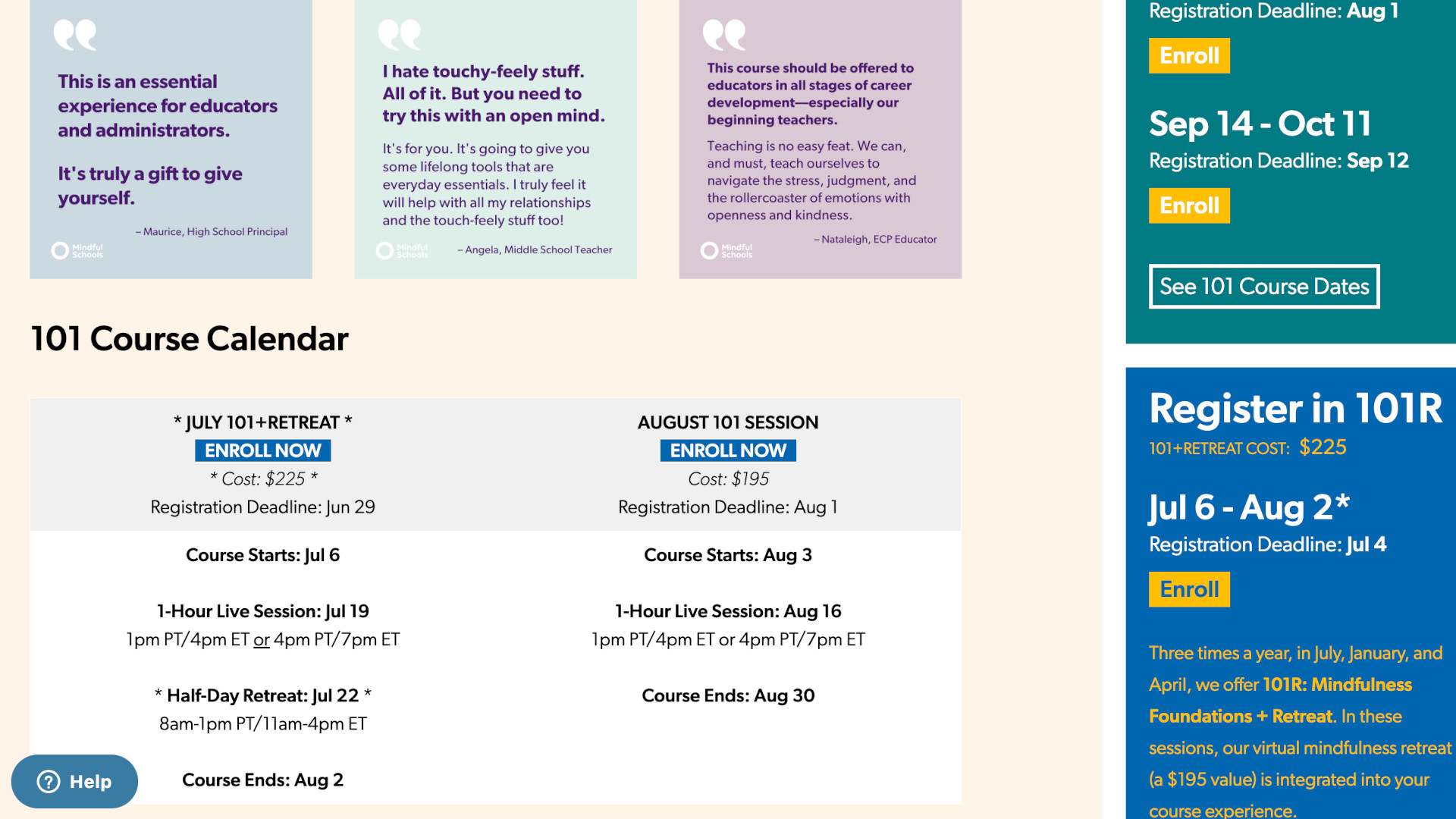
Mindful Schools is an education body that is dedicated to helping schools become more mindful and heart-centered places through training.
The system has been up and running for almost 15 years, during which more than 50,000 educators have been trained -- with 99% of participants saying they would recommend the courses. Partnering with 500 schools per year, the influence of this SEL-adjacent training is growing faster and further.
The idea is to help empower educators to teach -- and indeed live -- with tools that allow them to remain sensitive, open, and focused on the wellbeing of everyone. All that should help achieve the institution's goal of creating thriving school communities with belonging, inclusion, and well-being at their hearts.
What is Mindful Schools?
Mindful Schools is a body of trainers who help to teach mindfulness practices to educators with the goal of tackling mental health challenges in schools.

The increase of mental health problems -- including depression, anxiety, trauma, and stress -- have contributed to the need for what Mindful Schools offers. This is done by working with schools to offer bespoke training as well as basic programs to help wider groups.
The company says: "We support our school partners to dismantle inequitable decision-making and structures and to build schoolwide cultures that nurture collective well-being, healing, and liberation."
How does Mindful Schools work?
Mindful Schools offers direct training that aims to deliver support to school staff, administrators, and teachers to address stress, negative habits, and reactivity -- all while helping to grow strengths, heal stresses, and ultimately, become more present.

Mindful Schools offers online courses that make training and follow-up resources available as needed. Live "touch-points" are also available, including events and visits.
All that speaks in the staff results, with 90% reporting lower stress and greater self-compassion, 82% connecting better with students, and 77% feeling more satisfied with their jobs.
For students, the feedback is also positive, with 89% reporting improved emotional regulation, 83% with improved focus, and 79% experiencing better engagement.
What are the best Mindful Schools features?
Mindful Schools offers a diverse mix with experience with the team comprising of school administrators, social workers, teachers, mindfulness instructors, and BIPOC and LGBTQIA+ affinity group facilitators.

Usefully, you can view videos of the work in action to see what the classes look like and how the resources can serve your school's needs. Check out the video section under resources here. Also, here is an example of a mindfulness exercise and the results as read out by students:
A link to download a PDF version of this exercise to use in class is here, which shows the level of autonomy that can be achieved while still teaching and learning these mindfulness skills.
To get the full experience, there are a number of ways to sign-up for school specific training and more. But more on that in the next section.
How much does Mindful Schools cost?
Mindful Schools offers a number of resources for free, including courses and community practices. But there are also courses that comprise both online and real world training that can be paid for.
- 101: Mindfulness Foundations: Includes a one-hour live session and half-day retreat for $225, run three times a year.
- 201: Mindfulness in the Classroom: This is an eight-week online course with live session and credits available, charged at $595.
- Mindful Communication: This is a live session running over a few days, charged at $295.
- Self-Compassion for Educators: This is a six-week training charged at $295.
- Other workshops and retreats run throughout the year.
Mindful Schools best tips and tricks
Learn before you teach
Take a course as a school staff member before tackling teaching this to others as the experience can be life-changing, which helps inject passion into that teaching.
Start small
If unsure, why not try a smaller shorter course option to see how it works and if this style of teaching could help you, before perhaps trying more?
Integrate into class
Build this type of work into class on a regular basis so your students and yourself have that time and space to look forward to and use to unwind.
To share your feedback and ideas on this article, consider joining our Tech & Learning online community here







